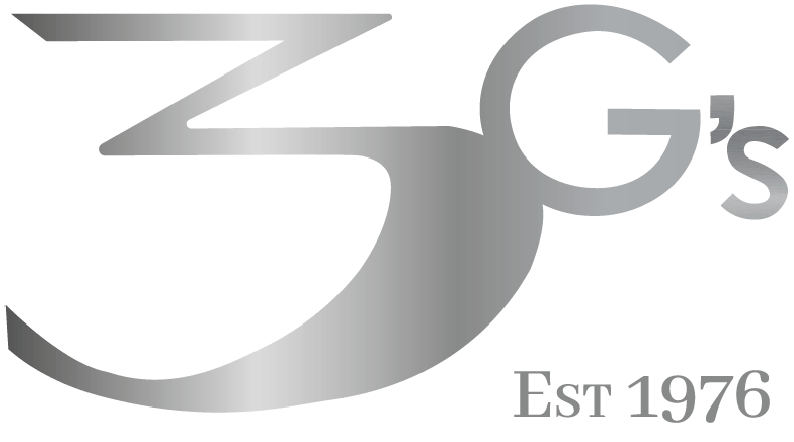Employees are the main resource of any company. As an organization, it is imperative that they hire the right employees. For a company to run smoothly and efficiently, a well-rounded workforce is a necessity. It can be challenging and time-consuming to hire new personnel. The hiring procedure is much more complex than selecting the best candidate for the position. Candidates are analyzing you and your business at the same time that you are conducting interviews and determining each candidate’s qualifications. You need to recruit and hire the best candidates who share the objectives and guiding principles of your company.
Any organization’s foundation can be said to be the human resources department. Being an HR expert entails having a superior awareness of a company’s strengths and shortcomings and working to close any gaps. Finding the proper people to fill those vacancies, however, is frequently difficult. This puts enormous pressure on the HR department to find out the right talent for the organization. However, while hiring employees, there are several things that companies need to do correctly. These mistakes might harm the company in the long run. These are some of the mistakes organizations make while taking in new employees.
Hiring In a Hurry
It can be observed that standards often deteriorate when a small organization requires personnel immediately to meet escalating demand or to fill openings. Employing someone based on availability rather than talent, though, can come back to the organization facing consequences. Similarly, such organizations are seen to resist the need to omit processes like running background and reference checks, holding several interviews, and going in-depth during interviews. With startups, this feeling is stronger. They frequently hurry to fill every post without properly considering the qualifications for the role or if the applicant is a good fit.
Not Checking References
Checking each candidate’s references is crucial since they can provide you with more information and evidence for their qualifications. You might be able to tell if a candidate is a good fit for the workplace culture by speaking with someone from their personal life. To avoid not properly checking references, you can continually review the references that candidates submit after requesting them. Call each professional reference and confirm the applicant’s academic background to make sure the information on their résumé is accurate. References may also provide you with information about the candidate, either favorable or unfavorable, that aids in your decision-making.
Vague Job Description
A suitable Job Description is necessary for effective hiring to take place. Most firms don’t have a JD ready for the position for which they are searching for new candidates. The majority of the time, recruiters speak with candidates and give job descriptions that are far from accurate reflections of what it really is. So an incorrect JD would result in finding a candidate that is not suitable for the organization. If a company hasn’t prepared a JD, and the HR division hasn’t taken the initiative to do so for a job position, it would be difficult to find a candidate for that role. The HR manager moves forward with the hiring process based on his or her understanding of the position.
Less Diversity
Not having a diverse pool of candidates is one of the top mistakes recruiting managers are seen to make. Consider how age, experience, background, race, and gender variety contribute to diversity in perspective and inside the organization. This can increase organizations’ success and maintain their growth and advancement. You have a better chance of attracting candidates who might not otherwise apply for openings at your company if you have a diverse workforce. Being a diverse and inclusive company also helps your business flourish by bringing fresh viewpoints. An objective viewpoint is what can help you distinguish your business.
Not Conducting Phone Interviews
Pre-interviews that are done through phone calls can make your procedure more efficient. Prior to scheduling in-person interviews with the candidates, shorter phone interviews can remove some individuals that are not fit for the rule. These preliminary interviews might shed light on resume specifics or cast doubt on a candidate’s suitability for a position. After analyzing a strong resume, get in touch with the applicant to arrange a preliminary interview. Pre-interview questions can be answered during a brief phone contact with the candidate that lasts no longer than 10 minutes. With the phone call, you can also determine if the applicant is still considering the post.
Bad hires can harm your company in a variety of ways. Employees who are not fit for their role in your workplace can hinder productivity, irritate other employees, and cause countless issues. Financial costs can also result from making the wrong hiring decision. According to the U.S. Department of Labor, a poor hire might cost your business 30% of that person’s annual income. All sizes of businesses ought to use a hiring strategy that works while avoiding typical mistakes. As an organization, it might be difficult for you to filter out and find the right person that is perfect for your company. This is why you need a PEO. 3 G’s is a veteran agency that has been in the field for many years. We can help your organization find the right candidates for you. With our help, recruitment no longer has to be difficult and time-consuming. Contact us today.



